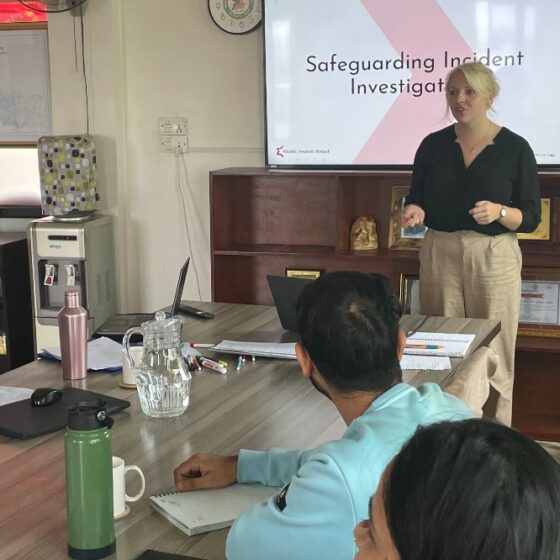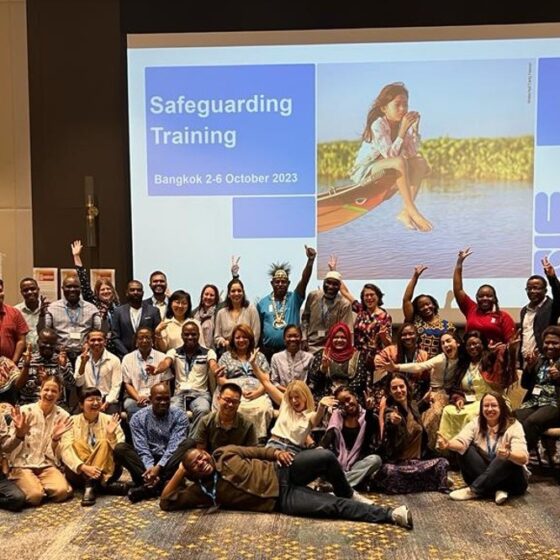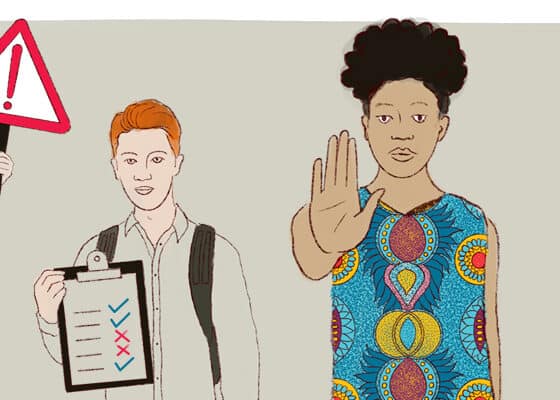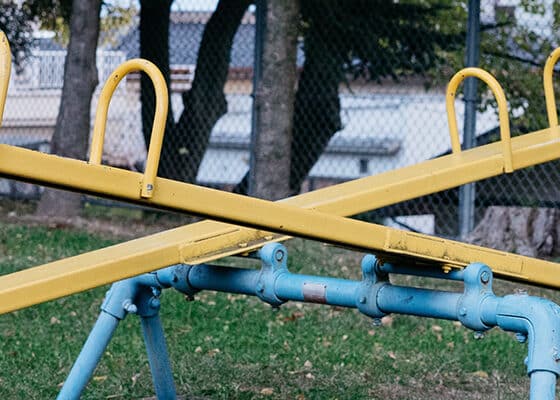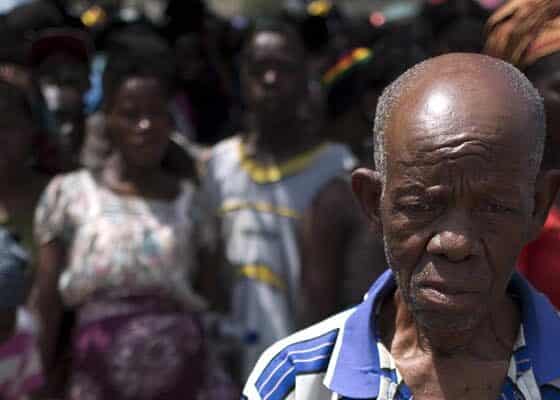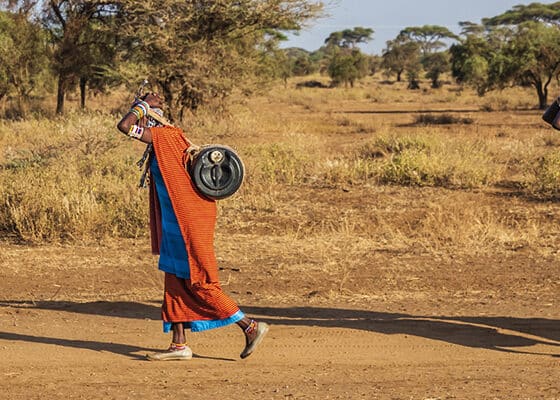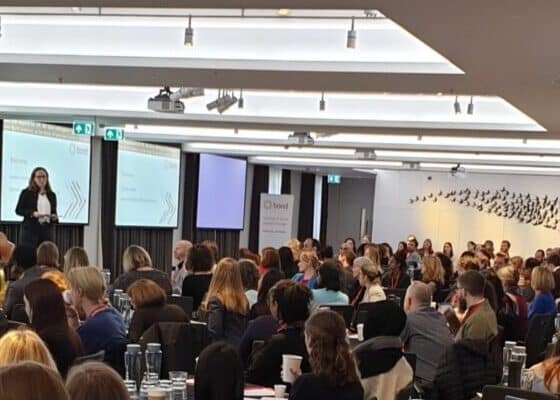Safeguarding resources
This page provides information on what safeguarding is and how it applies to the sector, as well as the guidance, resources, and tools to help improve your safeguarding policies and practices.
What is safeguarding?
Safeguarding is the responsibility of organisations to make sure their staff, operations, and programmes do no harm to children and adults at-risk nor expose them to abuse or exploitation. It is becoming good practice to think about how we safeguard everyone in our organisations at all times, including protecting staff from harm and inappropriate behaviour such as bullying and harassment.
Who does it apply to?
Everyone connected to your organisation should know how to keep children, adults at-risk, and staff safe. There should be learning opportunities to consistently develop and maintain the necessary measures, attitudes, skills, and knowledge amongst staff, partners, and all those that contribute to your organisation’s work. The communities you work with should understand your commitments to safeguarding and what to do if concerns arise.
Our commitment to change in safeguarding
Our commitment to change in safeguarding demonstrates how the NGO sector is driving forwards consistency and leadership on safeguarding so we all reach the same standards and work together to protect people from sexual exploitation, abuse and harassment.
The 12 commitments and 34 related actions are divided between “strategic shifts” which are survivor support and enhanced accountability, minimum standards, cultural change, organisational capacity and capability.
Survivor support and enhanced accountability
Minimum standards
Cultural change
Organisational capacity and capability
Survivor-support and accountability
Supporting survivors, victims and whistleblowers, enhancing accountability and transparency, strengthening reporting and tackling impunity.
Raising a concern
Your employer should have policies and procedures for those who wish to report wrongdoing, but you can report a concern to them even if they don’t. If you don’t want to tell your employer, you are protected by UK law and can report a concern anonymously or confidentially to the Charity Commission directly.
In-country safeguarding and survivor support services
Bond is working with Safeguarding Group members to collate and signpost guidance and resources on in-country safeguarding and survivor-support services on a dedicated webpage. If you are a Bond member and would like access to this, please contact Bond on [email protected].
Resources
The 20 core elements of a safeguarding report-handling mechanism for organisations.
A list of definitions of safeguarding terms used for safeguarding reporting.
This set of case studies should be used to support safeguarding learning.
Best practice principles for developing an accountable feedback mechanism.
Six ways that trustees can take the lead on safeguarding.
Quick reference to handle and prevent sexual exploitation and abuse.
A complete quick reference guide to implementing measures.
Child protection toolkits and resources developed by ChildHope and their partners.
Gender reviews, survivor support and sexual harassment.
Guidance on reporting as a worker or citizen from the Charity Commission.
Help and guidance for any employee working in the UK who have chosen to whistleblow.
Your rights and guidance for dealing with workplace bullying and harassment.
Guidance for employers from Department for Business, Innovations and Skill.
Guidelines for trustees regarding handling safeguarding complaints.
Young people can play an important role in safeguarding their communities.
Changing cultures and having the right mechanisms helps with under-reporting.
Board members need to play their part in driving up safeguarding standards.
Library with a range of guidance, tools and training on safeguarding.
Minimum standards
Agreeing minimum standards and ensuring we and our partners meet them. We’ve developed policy templates which you can download, edit and use to develop your own policies. These look at safeguarding, the code of conduct, handling reports and complaints, and disclosing organisational malpractice (whistleblowing).
Regulators’ requirements for safeguarding
Find out more about the safeguarding requirements set by the Charity Commission and DFID’s guidance on enhanced due diligence.
Resources
This is a suite of core policies that can be used to strengthen your safeguarding framework.
Guidelines from Inter-Agency Standing Committee for safeguarding policy.
For the protection from sexual exploitation and abuse from own personnel.
Improve the quality and effectiveness of the assistance you provide.
The full ratified and adopted UN resolution.
The full ratified and adopted UN resolution.
Cultural change
Incentivising cultural change through strong leadership, organisational accountability and better human resource processes.
Resources
A discussion-based safeguarding tool for leaders
A tool to help organisations understand safeguarding culture.
Webinar to explain how leaders can use the safeguarding leadership tool.
A look at the challenges international NGOs face in staff diversity and inclusion.
A conceptual framework for transformative capacity building in your organisation.
Conceptual framework toolkit for transformative capacity building in your organisation.
A look at the positive benefits of embracing feminist leadership.
A look at what has improved, and what hasn’t a year on from scandal.
Recommendations and analysis from the GADN’s year long study into safeguarding practice.
Gender-based violence and sexual abuse at the centre of the struggle for women’s rights.
Support to survivors of violence, sexual harassment and safeguarding
The Gender at Work Framework highlights the interrelationship between gender and organizational change.
Organisational capacity and capability
Strengthening organisational capacity and capability, including building the capability of implementing partners to meet the minimum standards.
Specialist training providers for safeguarding
Find out what training and consultancy support is available for addressing safeguarding and sexual exploitation and abuse in the development and humanitarian sectors.
Resources
Our commitment to changing the way safeguarding works in partnerships.
This course equips you to manage investigations into safeguarding concerns.
This bespoke workshop equips boards of trustees to meet their responsibilities for safeguarding.
How collective concerns and challenges can start to be overcome.
An online space for members to share ideas, resources and good practice around safeguarding issues.
A range of safeguarding courses, both on and offline from a respected platform.
A range of safeguarding courses, both on and offline from a respected platform.
A collation of over a thousand courses and resources from global NGOs, including for Safeguarding.
Toolkit and course resources for free and downloadable.
Prevention of sexual exploitation and abuse training for the UN.
A collection of safeguarding resources from Scotland’s International Development Alliance.
Resources, training and advice on safeguarding from NCVO.
Resources and guidance for safeguarding children from NSPCC.
Safeguarding advice for people building movements and campaigns.
This course will equip you to develop a robust approach to safeguarding in your organisation.



